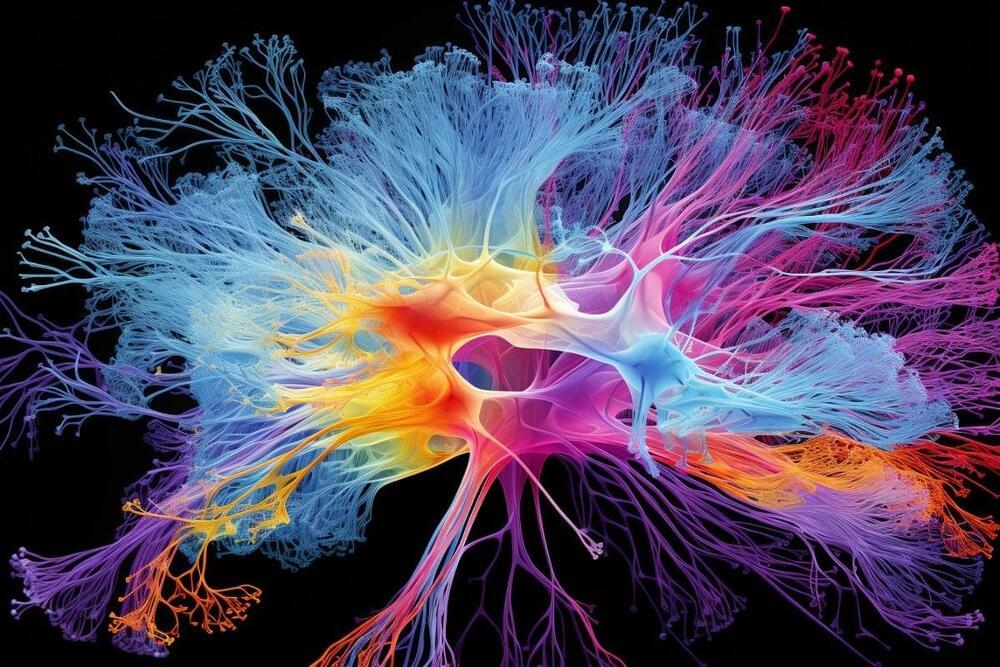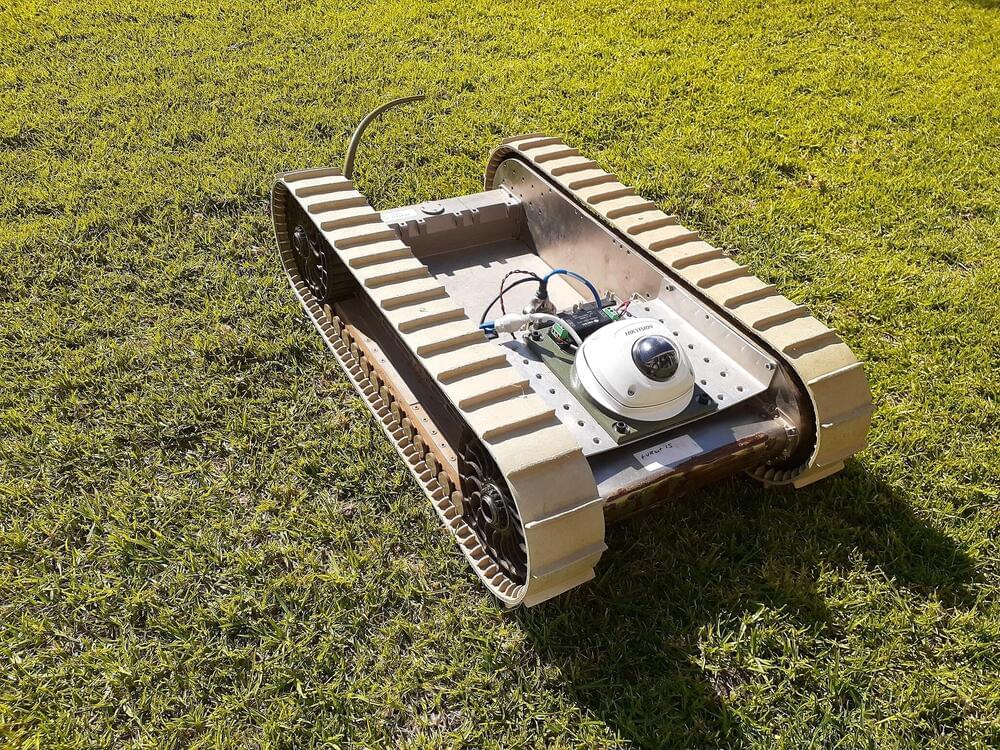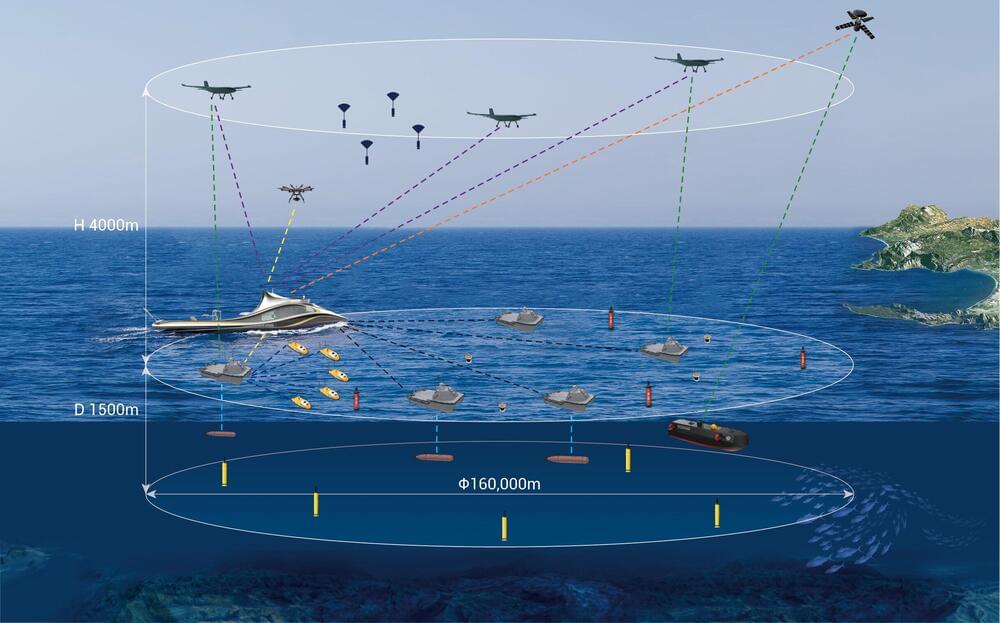An Australian first biobank will be established to improve and discover new treatments for children with genetic muscle diseases.
The National Muscle Disease Bio-databank, co-led by Murdoch Children’s Research Institute, Monash University and The Alfred, will advance research into our understanding of why children develop genetic muscle diseases.
These diseases, spanning dystrophies and myopathies, are characterised by severe muscle weakness, usually from infancy, that can impact swallowing, breathing and lead to eye problems and learning difficulties.
Housed at Murdoch Children’s, the biobank will store blood test and skin biopsy samples from children across Australia with genetic muscle disease.
Murdoch Children’s Dr Peter Houweling said the project aimed to develop new and better treatments and fast-track discoveries into clinical trials.









